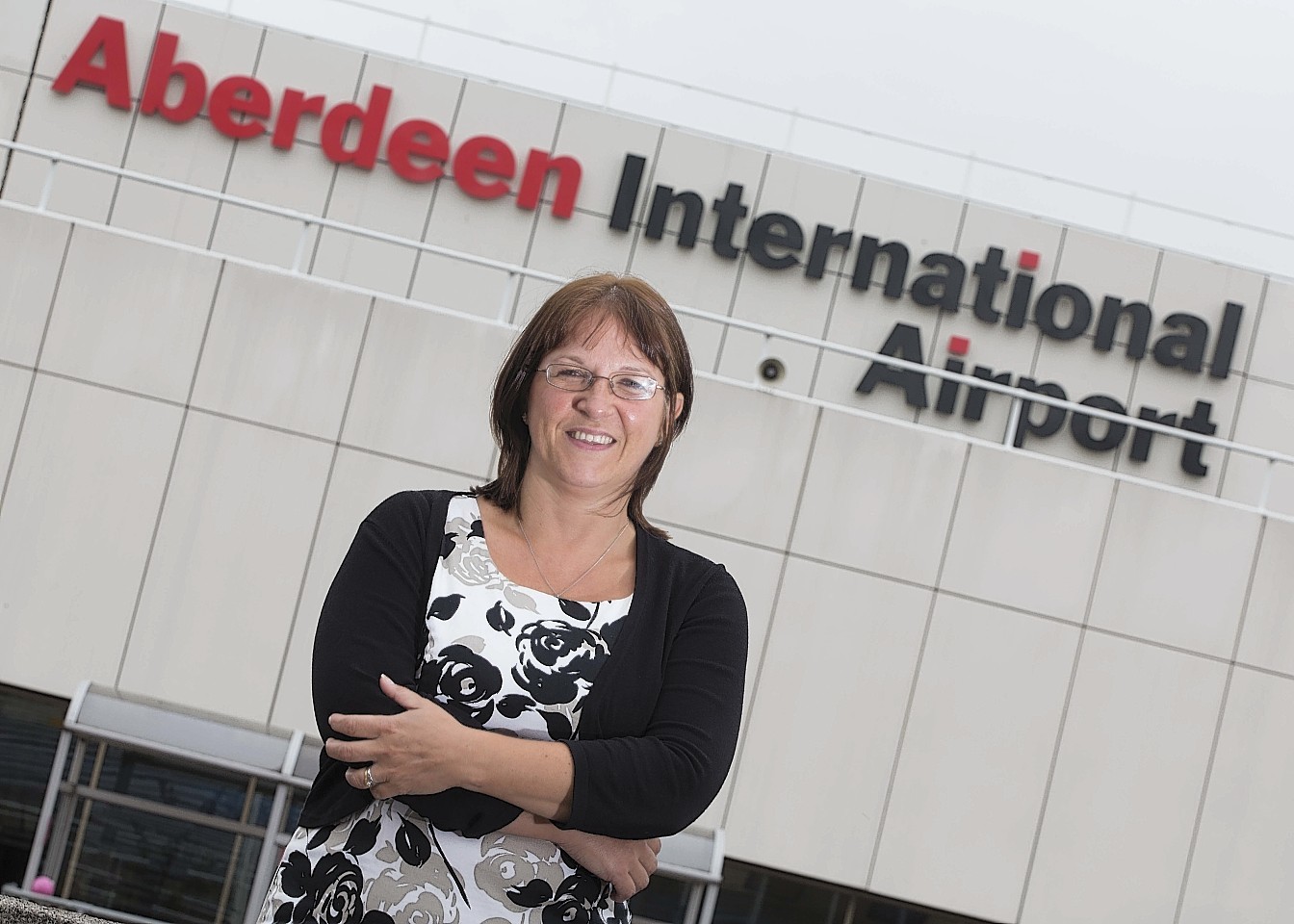Scotland’s three busiest airports are demanding the devolution of powers over air passenger duty (APD) to Holyrood.
Aberdeen International Airport managing director Carol Benzie has joined forces with her counterparts in Edinburgh and Glasgow to make the case for the MSPs being allowed to cut and even abolish the passenger tax.
APD has few friends in the north and north-east, where business chiefs, MSPs and MPs have campaigned hard to have it reduced or scrapped altogether.
Mrs Benzie said: “It says a lot about an issue when there is near-political agreement on the subject across a number of parties, as well as support from the public and from businesses.
“The calls to completely reform this tax regime have been growing steadily louder over the years and are now almost unanimous north of the border.
“What we have is the perfect opportunity to make a real difference.
“By devolving control of this damaging tax regime we can transform Scottish aviation in the interests of all our passengers.”
Edinburgh Airport chief executive Gordon Dewar said: “Scotland’s airports unanimously agree that air passenger duty is hugely damaging to our industry.
“We’ve argued long and hard for its reduction or abolition and have been ignored, but now the evidence for its devolution to Scotland speaks for itself.
“Following a year of unprecedented success and attention for Scotland it would be foolish not to harness this opportunity to deliver a tremendous boost to our country’s tourism industry.”
Glasgow Airport managing director Amanda McMillan added: “If Scotland is to attract and sustain the routes that will enable it to compete effectively in the global marketplace then it is imperative the issue of APD is addressed.
“It is a significant barrier to growth and it also makes it extremely challenging to maintain our existing routes.
“Despite repeated representations to the UK Government, the industry and passengers have had to endure continued increases in this damaging tax.”
The airports’ call for devolution of APD was made in a joint submission to the Smith Commission, which is deciding which new powers to transfer to Holyrood in the wake of September’s Scottish independence referendum.
APD is said to be costing Scottish airports more than 2million passengers and the economy up to £210million in lost tourism spend every year.
The UK Government has significantly increased rates and restructured APD since 2007.
Rates for short haul travel have increased by around 160%, with long haul rates increasing between 225% and 360%.
According to professional services company PwC, scrapping APD would pay for itself by increasing revenue from other sources such as income tax and VAT.
